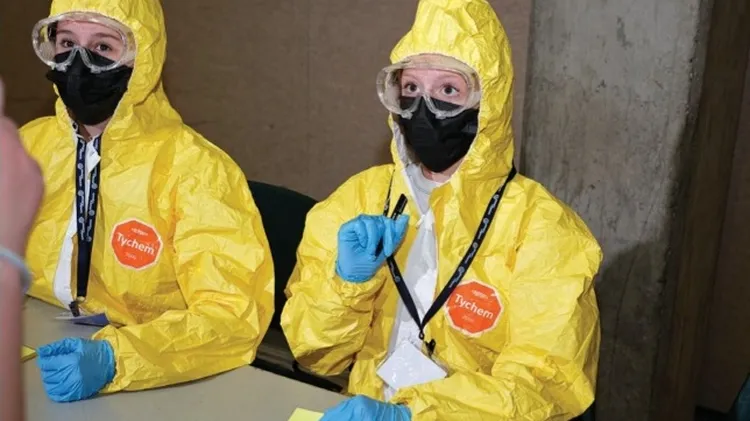The new strain has killed thousands of f
Cat coronavirus: a new variant is spreading in cyprus
3 min read
This article is from...
Read this article and 8000+ more magazines and newspapers on Readly






